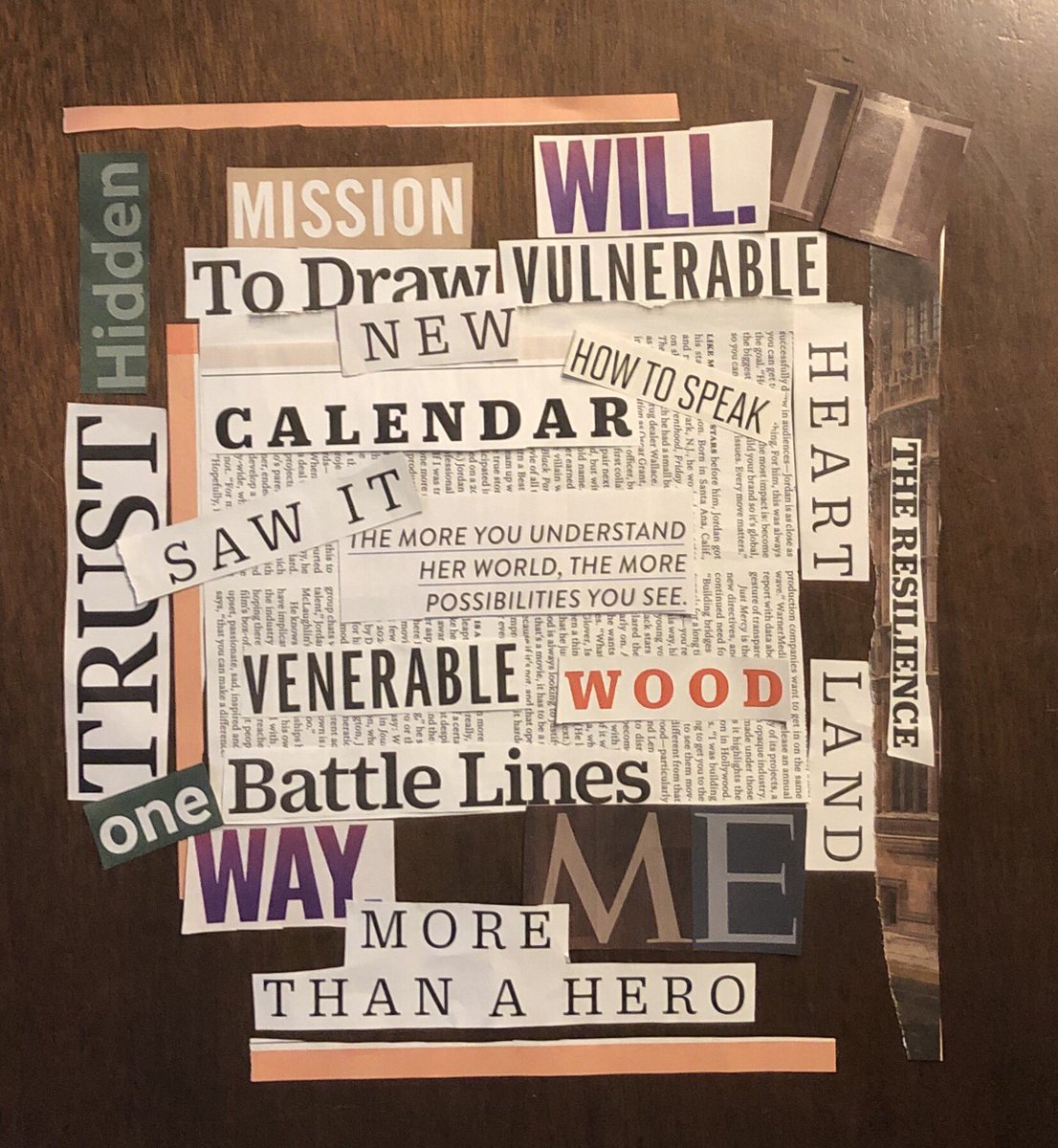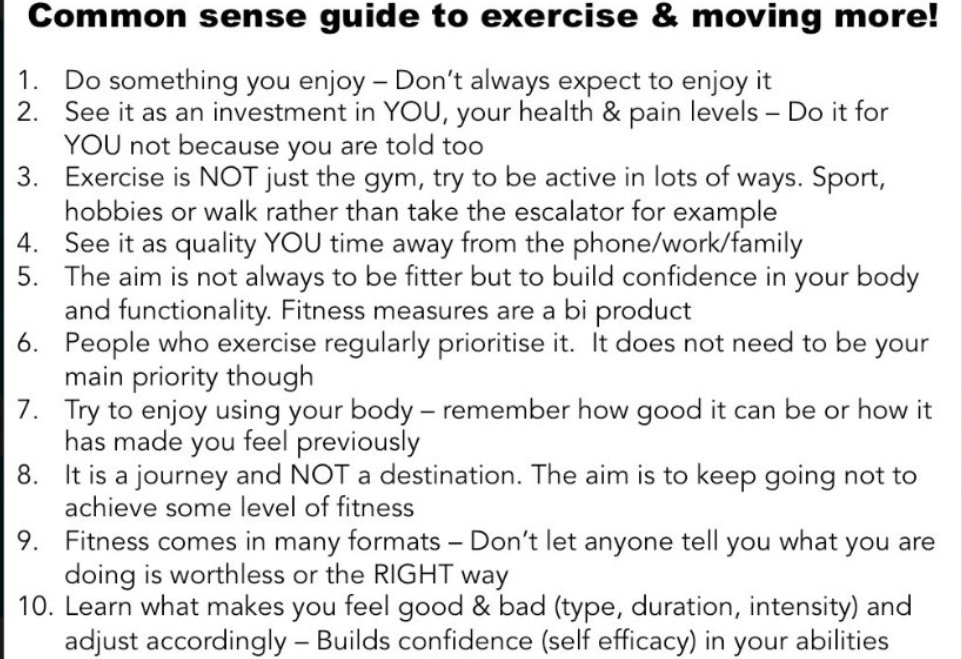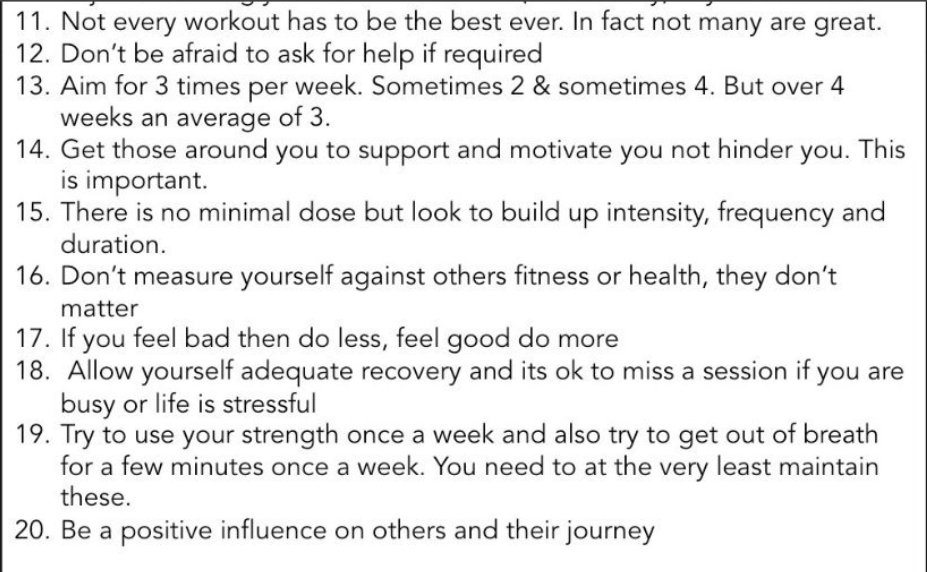First, the dirty secret is you shouldn't read every word of every book. If it's an article or chapter assigned, of course you should read it in depth. But a book to support your research project? Skim.
Step 1: you are not allowed to spend more than 3 hours on a single book. That's all. Set a timer.
Step 3: read a chapter's first two and final two pages. Then read the topic sentence of every paragraph. That's it.








